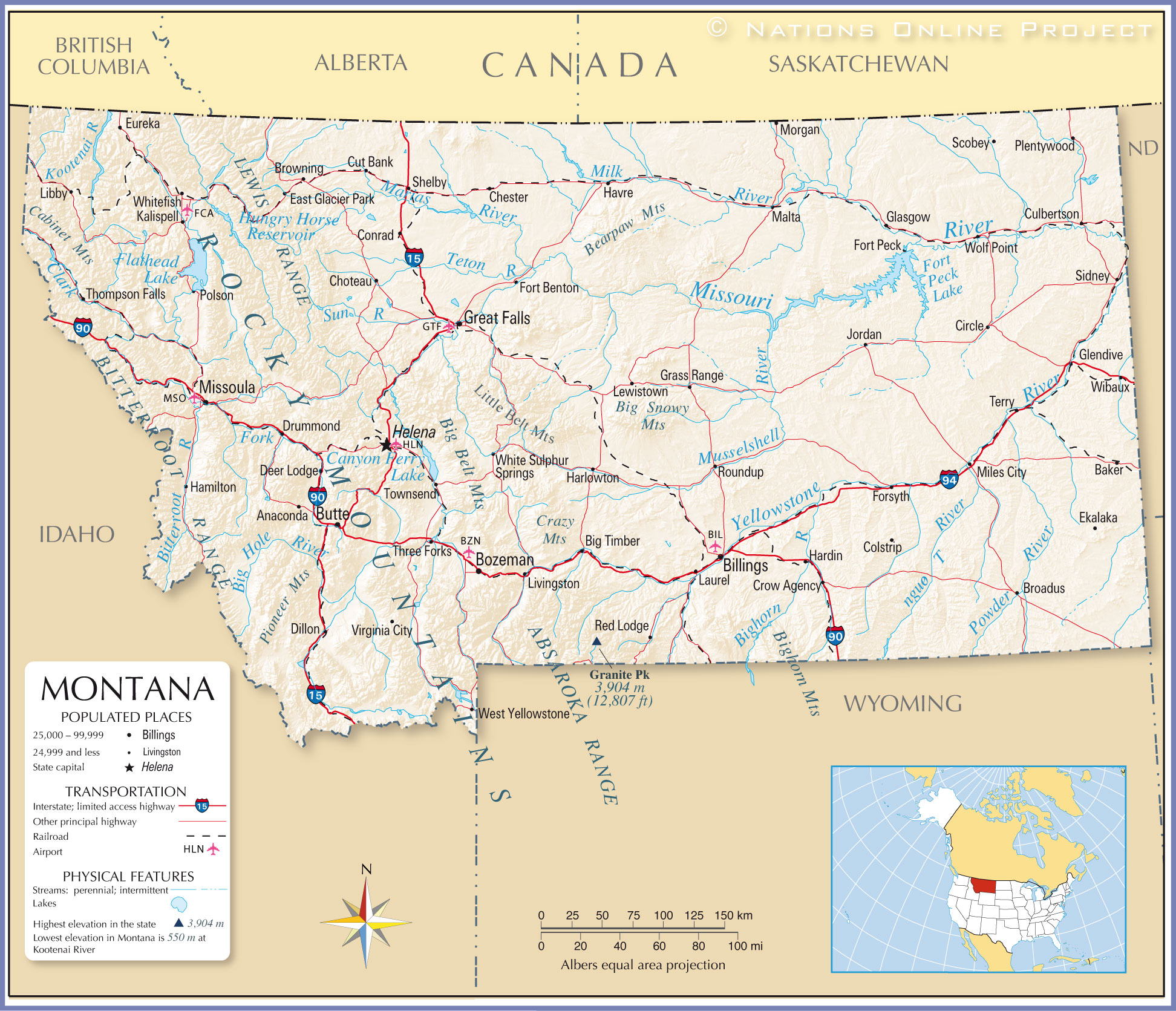Have you ever wondered about the kind of public information that exists for individuals in a place like Montana? Perhaps a name like "Montana Fishbourne" sparks a bit of curiosity, making you think about what details might be openly available. It's a rather interesting thought, too, isn't it, how much information a state keeps on hand, ready for public access?
When you hear a name that combines a place and a surname, it naturally makes you ponder the connections. So, in a way, thinking about "Montana Fishbourne" leads us right to the heart of how public records and state services operate across the vast landscapes of Montana. It's a topic that, you know, touches on transparency and the systems that manage important data for everyone.
This discussion will guide you through the various avenues where information is kept and shared within Montana. We'll explore the services that exist, the kinds of records you can find, and how these systems work to provide clarity and access for its citizens and interested parties. You'll see, actually, how much is out there.
Table of Contents
- What is "Montana Fishbourne" About?
- Understanding Montana's Public Records Systems
- Hypothetical Public Profile: Montana Fishbourne
- Licensing and Permits in Montana
- Opportunities and Workforce Data
- Frequently Asked Questions About Montana Public Information
- Accessing Montana's Public Data
What is "Montana Fishbourne" About?
The term "Montana Fishbourne" itself, you know, might not refer to a specific, widely known person or entity. Instead, it serves as a rather good starting point for us to think about how public information is handled and made available in the state of Montana. It's almost like a placeholder for exploring the state's various data repositories and services that citizens, or anyone really, might use to find details about individuals or state functions.
When someone searches for a name like this, they are, in a way, looking for transparency. They want to know what public records exist, what can be found, and how to access it. So, this name helps us frame a discussion about the systems Montana has put in place to ensure information is accessible, whether it's about court cases, professional licenses, or even, you know, offender details. It really brings to light the openness of state data.
Understanding Montana's Public Records Systems
Montana, like many other states, operates a number of systems designed to keep and share public records. These systems are pretty important for a transparent government, allowing people to look up various pieces of information. It's quite a comprehensive setup, too, that covers many aspects of public life and state operations.
From criminal records to professional licenses, the state makes a variety of data available. This accessibility helps maintain public trust and allows for accountability. You know, it's about making sure that the public can, in fact, see what their government is doing and what information is on record for different purposes.
Offender and Pardons Information
One of the services Montana provides is an offender search. This service, actually, lets you look for records of people who have been convicted of crimes within the state. It's a very specific tool, providing details that are part of the public record for safety and transparency.
Then there is also information from the Board of Pardons, which is quite important for victims. This board handles matters related to parole and clemency, and keeping victims informed is a key part of their work. So, there's a dedicated effort to provide relevant updates and details to those who need it most.
Court Records and Access
Montana courts are, you know, moving towards a more streamlined system. They are transitioning to a new, centralized case management system. This change means that certain public records will become available through specific online portals, like the Montana District Court Public Access Portal. It's a big step towards easier access for everyone.
This shift makes it simpler for the public to find court-related documents and case information. It's about putting important legal details at your fingertips, so to speak, without having to visit a physical courthouse for every inquiry. You can, in fact, get a lot of what you need from your computer, which is pretty convenient.
State Department Information and Services
Many state departments in Montana offer a variety of information services. The Office of Public Instruction (OPI) staff, for example, manages federally funded programs and provides systems to assess student progress. This is, in a way, about ensuring educational quality and accountability across the state.
The Montana Department of Revenue also has a forms repository. This is where you can find all sorts of official documents for taxes and other financial matters. You can, you know, use a search box to filter through the results, making it easier to locate the specific form you need for various transactions.
Similarly, the Montana Board of Nursing shares licensing and regulatory information for nursing professionals. This is quite vital for ensuring that healthcare providers meet certain standards. It helps maintain public safety by making sure only qualified individuals practice. You can find out what is needed to become a licensed nurse, too.
The Montana Department of Labor & Industry (DLI) is another key state organization. It works to uphold labor laws, keep workers safe, and help businesses and employees grow. They provide a lot of information on what is required for different industries and work environments. This helps, you know, create a fair and secure workplace for everyone.
Hypothetical Public Profile: Montana Fishbourne
If "Montana Fishbourne" were a real person, or even a hypothetical individual whose public information you were trying to find, the state's various systems would be where you'd look. This thought experiment helps us understand the breadth of publicly accessible data. You know, it's quite extensive what's out there.
Here's what a public record profile for someone named Montana Fishbourne might hypothetically include, based on the types of information Montana makes available:
| Detail Category | Potential Information Type (Publicly Accessible) |
|---|---|
| **Legal Status** | Offender search records (if convicted of a felony in Montana), court case filings (if involved in civil or criminal cases in district courts), Board of Pardons information (if applicable). |
| **Professional Licenses** | Nursing license status (if a registered nurse in Montana), other professional licenses regulated by state boards. |
| **Tax/Revenue Records** | Publicly available forms and regulations related to their tax obligations or business filings with the Department of Revenue. |
| **Employment/Labor Data** | General labor law information relevant to their employment, or workforce data from the Department of Labor & Industry. |
| **Education Records** | General information on student assessment systems or federally funded programs related to education (not specific student grades, but system information). |
| **Recreational Licenses** | Information about fishing, hunting, or floating licenses purchased in Montana. |
This table, you know, just shows the *types* of public information that could exist. It's not about specific private details, but rather what is generally made available through official state channels. It really highlights the idea that many aspects of a person's interactions with the state become part of the public record, in a way.
Licensing and Permits in Montana
Montana makes it pretty simple to get various licenses and permits. You can, you know, buy licenses for things like fishing, hunting, and even floating. These are all part of the outdoor activities that Montana is so well known for. It's really about making it easy for people to enjoy the state's natural beauty responsibly.
There's an online licensing system that helps with this process. It's a very convenient way to obtain what you need without much fuss. This system also helps you find information about Montana's 55 state parks. These parks offer a rather endless array of opportunities for recreation and connection with nature. You can, in fact, plan your outdoor adventures with ease.
Opportunities and Workforce Data
Montana offers quite a few opportunities for people looking to make a positive impact in their communities or to advance their careers. The state, you know, has various programs and initiatives aimed at fostering growth and development. It's a place where you can really find ways to contribute and build something meaningful.
The Montana World Trade Center, for instance, has a workforce services division. This part of the organization helps with, you know, connecting people to jobs and supporting economic development. You can also find data from the Bureau of Labor Statistics specifically for Montana. This information provides insights into employment trends and job markets, which is pretty useful for job seekers and businesses alike.
There are also Montana grant opportunities. These grants can support various projects and initiatives across the state, helping to fund important work in different sectors. It's a way for the state to invest in its future and support its communities. So, you know, there's a lot of backing for different ventures.
Frequently Asked Questions About Montana Public Information
People often have questions about how to find public information in Montana. It's a common concern, as the systems can seem a bit complex at first glance. So, here are some common inquiries that might come up when you're looking for details.
How do I find public records in Montana?
You can find public records in Montana through various state department websites and dedicated portals. For example, court records are becoming available via the Montana District Court Public Access Portal, and offender searches are done through a specific state service. It's a good idea, you know, to check the official state government sites for the most accurate links and information.
What kind of information is available through Montana's court system?
Montana's court system, as it transitions to a new centralized case management system, will make certain public records available through its public access portal. This typically includes information about court cases, filings, and outcomes, which is pretty important for transparency. It's about providing access to the legal process, in a way.
Can I search for offender records in Montana?
Yes, you can search for offender records in Montana. The state provides an offender search service that lets you look for records of individuals who have been convicted of felonies within the state. This service is part of the public information systems designed to keep communities informed and safe. It's a tool, you know, for public awareness.
Accessing Montana's Public Data
Accessing Montana's public data means knowing which state department handles what kind of information. Whether you're looking for details on convicted felons, court proceedings, professional licenses, or even, you know, forms for the Department of Revenue, there's a specific place to go. It's all about navigating the various online resources the state provides.
The state is constantly working to make this information more accessible, like with the new centralized court system. This ongoing effort helps ensure that citizens can easily find the details they need for a variety of purposes. You can learn more about on our site, and link to this page for more insights. It's a continuous process, too, of improving public access to vital information, ensuring that, you know, the right data is available when it's needed.
For more general information about Montana's government services and public resources, a good starting point is often the main state government website. This kind of site usually acts as a hub, connecting you to the various departments and their specific services. It's a really helpful resource for anyone trying to find official information. You can, for instance, visit a site like Montana's Official State Website to begin your search, which is pretty much the central point for state-related inquiries. This ensures you're getting information from a reliable source, which is, you know, very important for accuracy.



